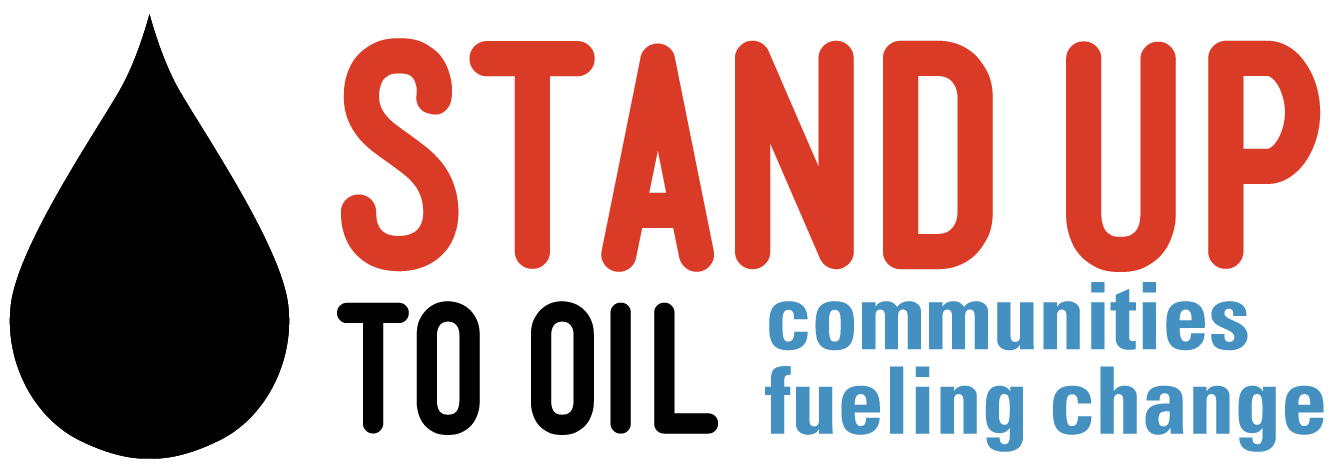The proposed coal export terminals would result in a dramatic increase in the number of mile-long, open-car coal trains traveling across Washington – one new terminal would mean up to eighteen coal trains a day through communities near the terminal. That means countless open coal cars traveling through our communities, leaving a trail of coal dust behind. Burlington Northern Sante Fe (BNSF) railroad studies estimate up to 500 pounds of coal can be lost in the form of dust from each rail car en route. Coal dust and diesel exhaust from coal trains and cargo ships can cause serious long-term health problems like lung and heart disease and cancer.
The coal then arrives at the terminals where it is kept in large piles, exposed to wind and weather which, in other coal terminals, means coal dust has been spread for miles into the surrounding community. Coal dust has been linked to respiratory diseases such as bronchitis and emphysema.
In addition to coal dust, there are the impacts of the coal trains themselves, which generate noise, create collision hazards, and impede rail crossings. Trains are also responsible for hazardous air pollution from diesel engines, a documented threat to health in Washington.
Increased traffic delays at busy rail crossings would clog commuter traffic and could slow response times for emergency responders and limit access to neighborhoods, schools and business corridors. A single slow-moving coal train can obstruct a rail crossing by 6 minutes or more. Adding just 20 trains to Washington’s rail system would mean blocking some crossings by 2 hours per day.
Learn more about the impacts of coal export on health and safety:
- Health: Whatcom Docs Position Statement | July 2011 | Whatcom Doctors Opposing Coal Exports
- More than 500 health professionals, including a network called Whatcom Docs agree we need a Health Impact Assessment of these coal export proposals. Here’s why.
- USGS short course on the health impacts of coal | September 2003 | USGS
- Coal Shipping: Bulk carrier safety report 1998 – 2007 | March 2008 | International Maritime Organization
This report from the IMO points to the kinds of risks we might expect with more than 400 and up to 970 additional bulk carriers servicing the proposed coal terminal in Washington State’s Cherry Point Aquatic Reserve.

